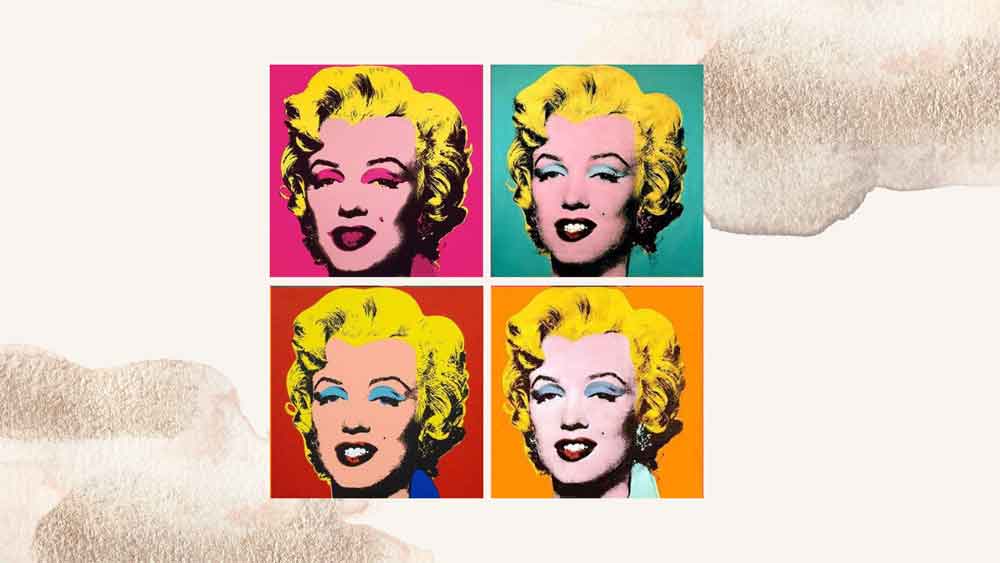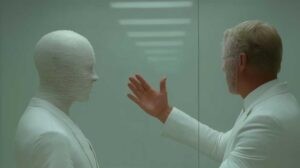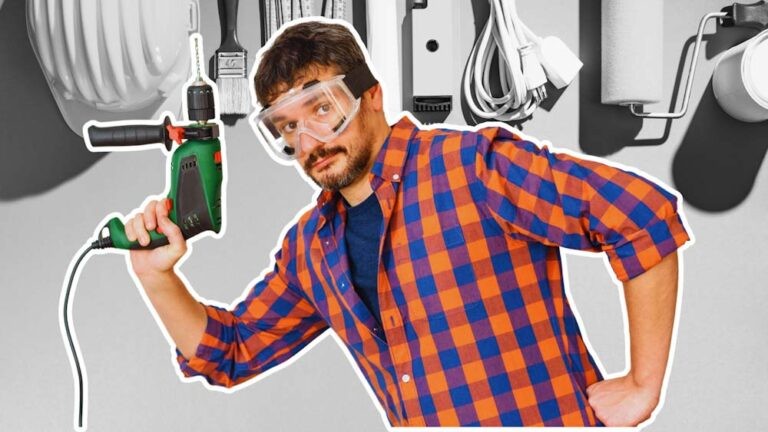
Human existence can be summed up in different filters we use to direct our lives. It is well known that the unconscious brain operates over 98% of our body. This means that we are almost completely working on an auto pilot, with our conscious brain having only enough power to direct us towards where we want to go. Then, we can only hope that the directions we give it are good enough, as we know more than enough instances when we are doing things that are not in our own best interest.
Still, there is a good quote I like states that:
“If something doesn’t serve you, get rid of it”
In this case, it would be nice if we can become conscious of our filters and adjust them accordingly. Here people often state that obviously they are aware of what they are doing, but are they really? If we can break our lives, we can see that we are often on autopilot, doing things that negatively affect our well-being, doing all sorts of things we are not supposed to.
And it is not our own fault either (not really, but at the same time it is, as we need to take responsibility for our lives). We are living in a world that tries to program our lives in a specific way, with companies spending billions of dollars to make us behave like they want to. No wonder that we often need to do some inner work, trying to undo what has been done to us.

Examples of Filters in Our Lives
- I will eat breakfast, lunch, and dinner at the specific times of the day
- I will follow a specific diet
- If I’m out of certain products, I will want to go buy them
- If I have certain ambitions, my attention will naturally follow the related topics in the environment
- If I’m in a supermarket, I will look at products, even things that I don’t necessarily come to buy
- I go to sleep at a specific time of the day
- I need to be at work time, so I naturally will try to do my best to be there on time
- At work, I know my assignment and I do them
- I will want to brush my teeth before and after sleep
- On Sunday night I will see a movie
- When the trash bin is full, I will take it outside
All of these actions, natural as they are, are often done on autopilot. We don’t have to think about them, at least not fully consciously. Our brain just leads us to make them because we have a filter to do these tasks. It’s like cause and effect or a trigger. We see a trigger and we behave in a certain pre-programmed way. It is actually often hard to just stop yourself and consider what you are doing and why. Mostly, it’s on autopilot 24/7.
In my previous example about Sunday night movie watching, we can see that one filter can lead to many other filters. For example, my decision to see a movie every Sunday requires a certain level of preparation, such as to decide:
- Where am I going to watch a movie, i.e., at home or cinema?
- If I’m going to watch it at home, what setup do I need in terms of furniture, TV, etc.?
- If I’m watching a movie in a cinema, how will I get there, and are there enough good movies in the first place to make it a weekly activity?
- I am going to be with somebody while I do it?
- Do I need snacks?
- Why do I want to see a movie every Sunday in the first place?
- Etc.
Every decision in this value chain has consequences, such as the question “why do I want to see a movie every Sunday in a first place?” is based on many other assumptions, like:
- Am I doing it from a sense of boredom? or
- I do it because I want to be connected to another person.
In case of wanting to connect to another person:
- Is it really the best way to do so? and
- Will I stay true to my decision?
This is important, as buying a large TV can be an expensive purchase and time allocated to this activity could be better spent doing something else. In other words, many people make long-term decisions based on short-term feelings and when these feelings disappear they find themselves stuck doing activities that are no longer important to them. Moreover, a lot of our lives are spent unconsciously, following some superficial programming that we acquire from the environment.
We Need to Have Less Filters
Have you ever heard of mindless existence? It is an existence where people are operating on already mentioned autopilot, never quite being present to whatever they are doing. They just go from one thing to the next without stopping, which, as you can imagine, can eventually lead to depression.
Remember, filters are there just to help you navigate your life. They are not you and you can change them if they aren’t serving you. For example, I had a client who had a compulsive desire to smoke. He never managed to address this problem until he understood that he isn’t a smoker. He was doing the act of smoking, and there were a series of events that could prime him to smoke. Still, by distancing himself from his filters he became an observer of his behavior rather than the mindless actor who has to smoke.
We Need to be Consciously Aware of our Filters
Taken to an extreme, we can become full time observers of our life, rather than mindless actors who are doing something, not fully being present with the task. By being an observer, we can still continue to do whatever we are doing, but it will be done with an additional level of awareness, which often can lead to a completely different way of living. In fact, in spiritual terms, this kind of living can lead to enlightenment, as what is an if not a complete and outer awareness of one’s actions.
Actually, I like to say that enlightenment is being aware of the observer inside each and every one of us while being aware of our filters will reveal this observer that always was beneath our awareness.















